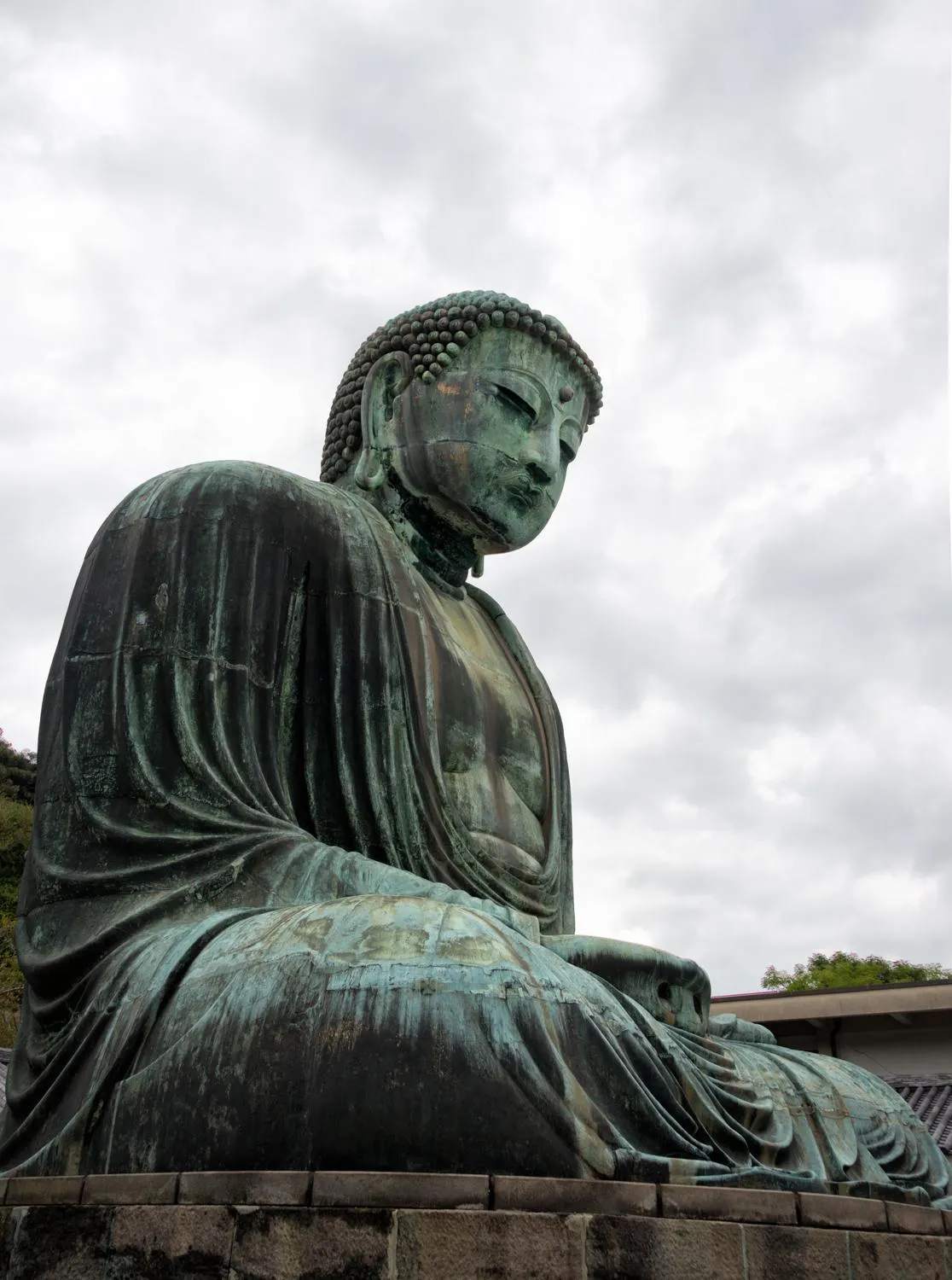
Acupuncture
Acupuncture is among the oldest natural medicine still used today. It has been practiced for thousands of years. Chinese culture documents 3,000 years of using acupuncture as a therapeutic method. European history of acupuncture use may be even older. A 5,300 year old man’s body was found in the Italian Alps with what appears to be tattoos tracing meridians and acupuncture points still recognized today. According to the philosophy of traditional acupuncture, energy circulates in ’meridians’ located throughout the body. When something disrupts meridian energy circulation, pain or illness results. The way to restore energy circulation, health, and balance, is to stimulate the appropriate combination of the estimated 400 traditional meridian acupuncture points in the body, generally by using fine stainless steel needles. In some cases a small electrical impulse is added to the needles.
An acupuncture treatment consists of insertion of tiny, hair-thin needles into specific acupuncture points along the meridians. No, it does not hurt. A person may feel a slight pinch as the needle goes in, but the most common reported sensation is a tingling or feeling of warmth.
After an acupuncture appointment, most patients report an overall feeling of wellbeing and positive outlook.
Acupuncture: Research Supports Efficacy
Benefits of Acupuncture
Drug-free pain relief
Low risk, minimal side effects
Treats the cause as well as symptoms
Clear scientific evidence supports the use of acupuncture for the following conditions:
Osteoarthritis
Infertility
Nausea, including pregnancy and Chemotherapy related Headaches, including migraines
Stress Management including Post Traumatic Stress Disorder
Neuropathy
Side effects of Chemotherapy and Radiation
Addiction Recovery
Research
For Depression: People with depression may benefit as much from acupuncture as they do from counseling, suggests a new study by University of York in the UK.
For Osteoarthritis: Knee osteoarthritis occurs when the cartilage at the knee joint wears away, causing pain and stiffness. A new small study shows that acupuncture could help to relieve symptoms, too. The study was published in Acupuncture in Medicine.
For Infertility: Because infertility is often an condition that stems from stress, anxiety, and energy channels that govern the body’s organs (including reproductive organs) many studies show acupuncture to be effective.
For Nausea: The effect of acupuncture on chemotherapy-induced nausea and vomiting has been studied over the past 20 years, and clinical evidence gathered to date has been favorable. Current practice guidelines recommend acupuncture as a complementary therapy for uncontrolled nausea and vomiting induced by chemotherapy.
For Headaches/Migraines: Acupuncture has been shown to help reduce the number of days suffered with migraines and may have lasting effects, according to a new study published in the Canadian Medical Association Journal.
For Stress Management and PTSD: A randomized, controlled pilot trial indicates that acupuncture may be efficacious for reducing symptoms of PTSD, depression and anxiety.
For Neuropathy: Data suggests that there is a positive effect of acupuncture on peripheral neuropathy
For Side Effects of Chemotherapy and Radiation: And, acupuncture may help ease the severe nerve pain associated with certain cancer drugs, suggests a small preliminary study published in Acupuncture in Medicine.
For Addiction Recovery: The effects of acupuncture on opiate addiction have been investigated in many clinical trials. The present review systematically analyzed data from randomized clinical trials published in Chinese and English since 1970. It found that the majority agreed on the efficacy of acupuncture as a strategy for the treatment of opiate addiction.
Office: 26 W Main Street (Route 44), Avon, CT 06001
Call 860.284.4406
Email: info@hartacu.com
Site: www.hartacu.com

